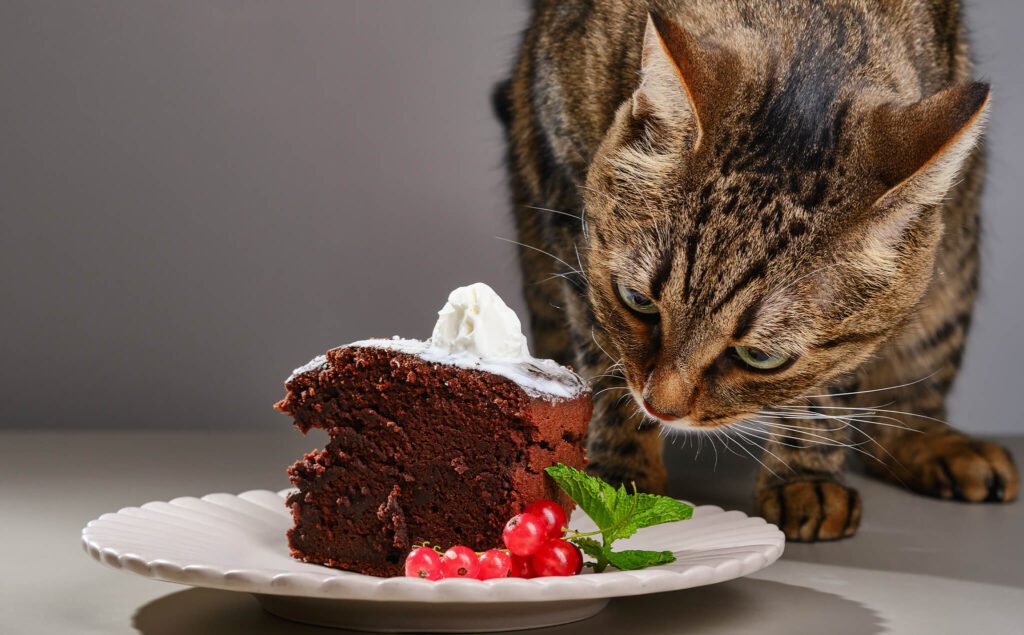Common Pet Emergencies to Look Out For in Mishawaka, IN
It can be frightening to imagine your fur baby in a potentially dangerous situation, especially if it can end in tragedy. However, you can prevent your pet’s suffering and even save their life if you look out for the following common pet emergencies in Mishawaka.

Shallow breathing, trauma from an accident, vomiting, or diarrhea are all examples of common pet emergencies. You know your pet well and can be able to tell if something is wrong.
Read below for more information concerning what to look out for in the event of an emergency.
What Conditions to Look Out for with Your Pet that are Considered Emergencies in Mishawaka, IN
Some of these are signs that your pet is in danger and could be experiencing an emergency:
- Trouble breathing
- Seizures or fainting
- Loss of appetite
- Dehydration or avoidance of drinking
- Persistent vomiting or diarrhea
- Unusual bleeding from nose, eyes, or mouth
- Pain accompanied by your pet shaking
10 Common Pet Emergencies Pet Parents Should Know About in Mishawaka, IN
Some common pet emergencies pet parents in Mishawaka should look out for include:
Shallow Breathing or Constant Coughing
Shallow breathing or constant coughing is a sign that something is wrong. Your pet could be experiencing an allergic reaction to something or experiencing something as severe as heart or lung disease, or asthma. Breathing problems are severe, and it can be a life-threatening situation. For cats, open-mouth breathing is a significant concern.
You need to get your pet to the emergency vet in Mishawaka, IN as soon as possible if you notice your pet is having trouble breathing.
Trauma
Trauma can arise from incidents such as accidents, falls, or bites. Because specific injuries are not displayed right away, it can be a tricky situation. However, if there are signs of trauma, you must get your pet seen immediately.
For example, a ruptured lung or internal bleeding can cause trauma to your pet. Likewise, if your pet appears to be in severe pain, you must take swift action.
Diarrhea and/or Vomiting
Diarrhea and vomiting are the most common emergencies pets can experience, and this may be a sign of something serious or reaction to something. If blood is present in their vomit, you must take them to the emergency vet in Mishawaka.
Unconsciousness
Unconsciousness is a problem that may be rare, but it is something to watch out for, and it can be hard to tell if your pet is unconscious or just sleeping.
The following are factors that may cause your pet to collapse or lose consciousness:
- Hemorrhage
- Vascular Disease
- Respiratory problems
- Anemia
- Ingestion of a common poison or substance
- Exhaustion
If you see your pet is constantly sleeping and it is not easy to wake them up, you should call a vet right away so they can do the appropriate testing to determine the problem.
Severe Bleeding
Severe bleeding occurs if your pet has been injured. First aid may be necessary, but it may not be enough. If the bleeding is severe, your pet should be checked out by the vet as soon as possible as your pet may need stitches to heal. A veterinarian can treat your pet and keep them from developing an infection.
Heatstroke
Heatstroke is another common emergency that can impact pets in Mishawaka, especially during the hotter months of the year.
Some of the signs of heatstroke to look out for in your pet include:
- Heavy or excessive panting
- Dry tongue
- Staggering or seizure
- Blood in vomit or diarrhea
Ingesting Poisons
Foods such as chocolate, grapes, and certain cooking spices can harm or even kill your pet. Some other poisonous items include antifreeze, multivitamins, and certain plants and flowers. Lilies, for example, are toxic to cats.
If you believe your pet has consumed a poisonous substance, you need to take your pet to the emergency vet in Mishawaka immediately, as this can be lethal if not treated right away.
Broken Bones
If broken bones are not treated properly at the time of the injury, your pet will encounter problems later in their life. Broken bones are also extremely painful for your pet, so it is crucial to go to a vet rather quickly.
Bloat or Gastric Dilation Volvulus
This condition is a problem in which the stomach becomes twisted and can occur after your pet eats and they vomit. As a result, their abdomen becomes distended or bloated, and there can be an increase in breathing rate and heart rate.
This problem is most common in dog breeds such as Great Danes and German Shepherds.
Seizures
Seizures are considered to be another common pet emergency and is accompanied by shaking and tremors, loss of consciousness, paddling legs, and bowel or urinary control loss. They’re generally related to a condition called epilepsy.
If your pet is diagnosed with epilepsy, some medications can help control the seizures. However, before trying any medications to help with your pet’s condition, you should always consult with a veterinarian to know what you should do for your pet. If your pet is experiencing seizures, call an emergency vet right away in Mishawaka.
What to Do if Your Pet’s Experiencing a Common Emergency in Mishawaka, IN
If your pet is experiencing any of the common emergencies mentioned above, or any that may not be included, you should contact an emergency veterinarian as soon as possible. When treated fast enough, there are many emergency situations that can be cured. It’s extremely important to act as soon as you notice an emergency happening with your pet.
Pet Poison Control Hotline is another number you can call if you fear your pet has ingested a poison or a possible toxin. The ASPCA Animal Poison Control Center can assist you by advising if your animal needs to be taken to the hospital immediately or if you can give them treatment at home. You should only induce vomiting if a vet tells you it is the right call.
For more information about what common pet emergencies to look out for, or if your pet is having an emergency, call our team at Emergency Veterinary Care Centers in Mishawaka at (574) 544-6200.
Recent Posts
What To Know about Chocolate Poisoning in Cats and How to Protect Them
What To Know about Chocolate Poisoning in Cats and How to Protect Them Chocolate is a treat…
My Dog Has Kennel Cough – Is This an Emergency?
My Dog Has Kennel Cough – Is This an Emergency? When your dog starts coughing, it can…
5 Reasons Why Lilies are Toxic to Cats
5 Reasons Why Lilies are Toxic to Cats Seeing your cat next to a lily might seem…
Are Lilies Toxic to Dogs?
Are Lilies Toxic to Dogs? When we think of lilies, we often picture their stunning colors and…
Cat Coughing: How to Help Your Pet and When to Call the Emergency Vet
Cat Coughing: How to Help Your Pet and When to Call the Emergency Vet Coughing in cats…






